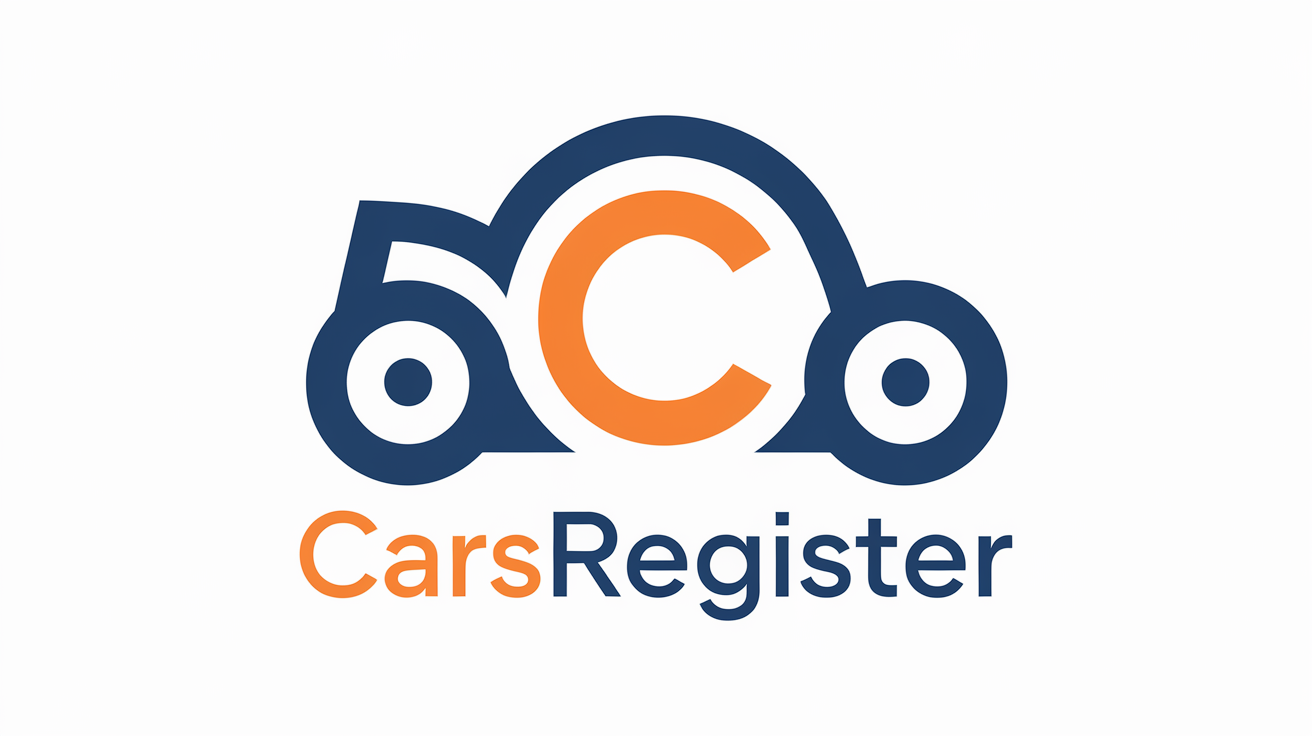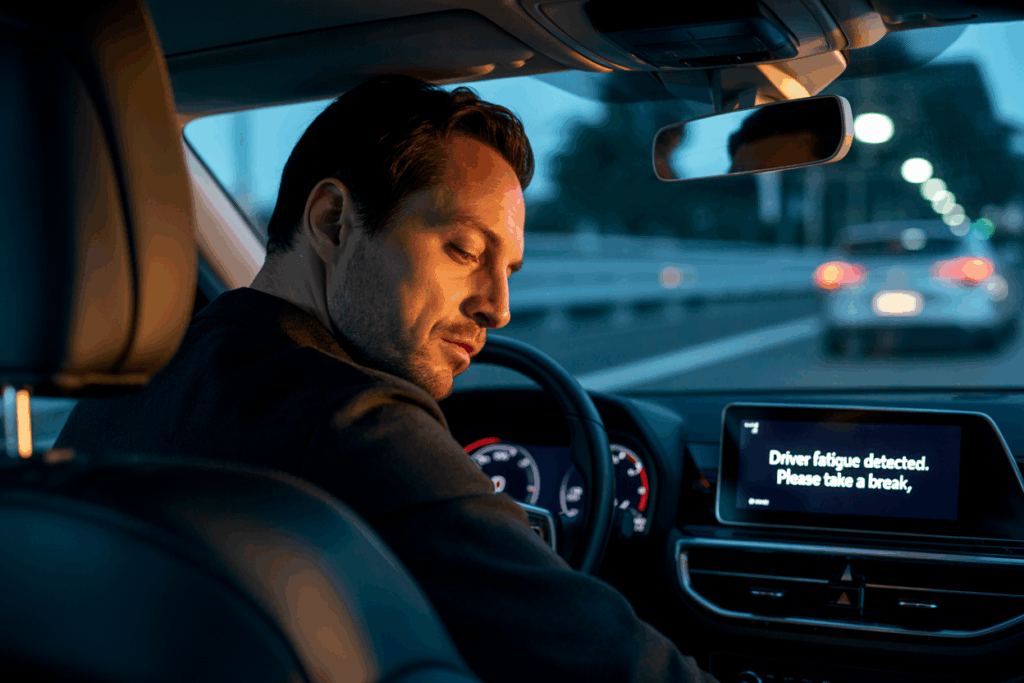Ever get the feeling your car is side-eyeing you like your mom used to when you stayed out too late? Well, that’s not your imagination. Today’s cars are packed with tech that watches, listens, and learns—especially when it thinks you’re too tired to drive. From nudges to keep your eyes open to gentle scoldings via dashboard alerts, your car’s pretty invested in your well-being. Let’s break down how it knows you’re fading—and what it does about it.
It Watches Your Eyes Like a Hawk
Modern cars use infrared cameras to track your eye movements. If your blink rate slows down or your eyes stop scanning the road, the system notices. It’s like your car is saying, “Hey, your eyelids are getting suspiciously heavy.” Once it catches this, it might ping you with a visual or audio alert. Some systems even flash a coffee cup icon—because nothing says wake up like caffeine-themed nagging.
It Tracks Your Steering Habits
If your hands are drifting more than your thoughts during a Monday meeting, your car knows. Steering wheel sensors detect micro-movements that change when you’re sleepy. Constant minor corrections mean you’re alert. But if you’re making sloppy, late corrections, your car might flash a warning. Basically, if you start driving like you’re playing Mario Kart, it’s going to raise an eyebrow.
Lane Drift Is a Dead Giveaway
Drifting out of your lane without signaling? Your car sees that, and it’s not impressed. Lane-keeping assist systems use cameras to monitor road markings. If you veer off a line, it might beep, vibrate the wheel, or gently tug you back on track. Think of it as your car giving your hand a quick shake and saying, “Eyes on the road, please.”
It Pays Attention to Your Reaction Time
When you start reacting slower—like not braking fast enough or hesitating at green lights—your car takes notes. Advanced driver-assistance systems (ADAS) compare your reaction time to your usual behavior. If it thinks your brain’s taking a nap, it may suggest you take a real one. Subtle, but smart.
It Watches Your Head Movements
Some high-tech systems go beyond just eyes—they watch your head too. If your head starts nodding like you’re listening to lo-fi beats at 2 a.m., that’s a red flag. Drowsiness detection systems log those downward dips and long stares at your lap. The moment it looks like you’re about to doze off, the car will probably speak up.
It Notices You Driving Like You’re Hungover
Groggy drivers behave a lot like tipsy ones. Sudden braking, inconsistent speeds, and awkward lane changes all send alerts to fatigue detection systems. Your car doesn’t know if you’re tired, hungover, or just bad at mornings—but it knows something’s off. It’ll either give you a subtle nudge or suggest you pull over, depending on the model.
It Remembers Your Normal Driving Patterns
Cars equipped with machine learning are low-key studying you. Over time, they learn what your “normal” driving looks like—speed, posture, even how you take corners. When something feels off, they flag it. It’s like your car saying, “That’s not how you usually vibe—everything okay?” Creepy? A little. Helpful? Definitely.
Some Cars Offer Break Suggestion
Once your car’s sure you’re not operating at full power, it doesn’t just scold you—it helps. Many cars will suggest a break, flash a rest icon, or point out the nearest rest stop on the GPS. Some will even trigger a gentle chime and dim the cabin lights to get your attention. It’s kind of sweet, in a robotic sort of way.
High-End Cars Go Full Wellness Mode
Luxury cars sometimes take this even further. Think massage seats, cabin fragrance bursts, or energizing lighting to keep you sharp. If your BMW starts spraying eucalyptus at you and blasting upbeat music, don’t be surprised. It’s just trying to keep your eyelids in the “up” position.
It Might Straight Up Stop You
If all the nudges, beeps, and coffee icons don’t work, some systems may actually slow the car down. Emergency driver-assist features are designed to intervene if you become unresponsive. If you ignore alerts and stay slumped over the wheel, your car may bring itself to a controlled stop. Honestly, it’s the ultimate “we need to talk” moment.

